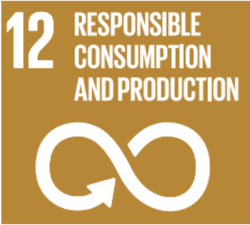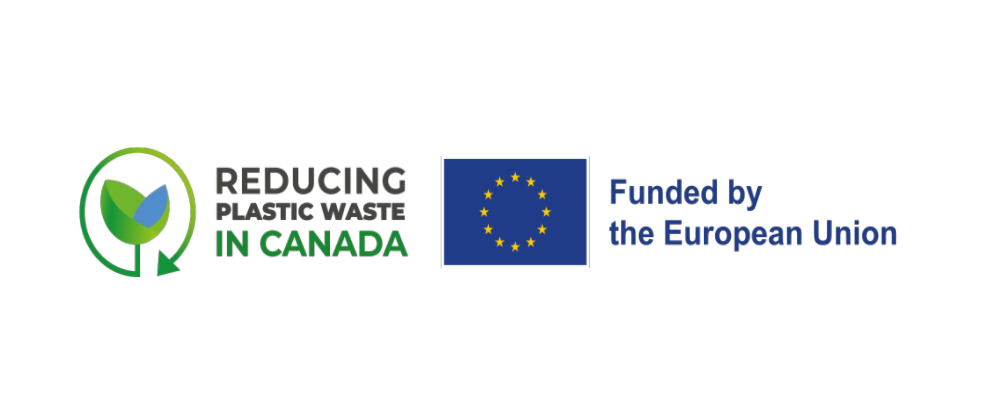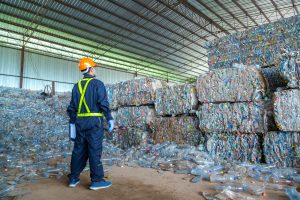Story 6: Sustainable Procurement Plan 2021-2024 for the Province of Zeeland, the Netherlands: Using the Sustainable Development Goals as a Compass
The Province of Zeeland, the Netherlands was profiled by the European Commission’s procurement June 2022 Newsletter and case study for its innovative approach to greening procurement by linking its most recent 2021-2024 procurement plan with the United Nations (UN) Sustainable Development Goals (SDGs).
The Province of Zeeland in the Netherlands is home to 386,000 people. It has been actively engaged in sustainable procurement for over a decade. The most recent Sustainable Procurement Plan 2021-2024 was adopted in 2021. The Zeeland Provincial Executive wants to use its purchasing power (on average €60 – €90 million per year) to contribute to its sustainability ambitions. The Province of Zeeland also sees a stronger role for itself in the coming years in ensuring sustainable procurement across all its tenders.
The Province of Zeeland is using Sustainable Development Goals (SDGs) in their Sustainable Procurement Plan to drive change towards sustainability. The 17 SDGs are a universal language spoken by governments, policy makers and businesses and cover the three economic, socio-political and environmental dimensions. Each procurement category or product is linked to the 17 SDGs by mapping risks and opportunities across the entire supply chain for each goal. The selected procurement categories are: building, retail, catering, coffee, events, cleaning, clothing, civil engineering, technical installations, data centres/servers, nature conservation projects, insurances, mobility, bicycle footbridge, and bicycle tracks.
For each SDG, three corresponding levels of ambition are formulated:
- Level 1 (‘fundamental’ level) allows socially responsible tender requirements to be set quickly and easily. These requirements mean that products, services and works that do not contribute to sustainability stand less chance of being awarded the contract and can be excluded if the requirements are integrated in the tender as technical specification.
- At level 2 (‘significant’ level), strict requirements are formulated, and the market can be challenged to deliver higher sustainability performance via award criteria. The process is more extensive, as an assessment of the various bids must take place. The project manager defines and describes how the award criteria will be assessed.
- Level 3 (‘ambitious’ level) goes even further in ambition than level 2. More involvement of purchasers and budget holders in the tendering process and in the execution of the contract is expected than at level 2. For example, a SDG strategy document will be drawn up and more ‘experimental’ and functional criteria will be used. Often new solutions and/or innovation are needed to minimise the negative burden or maximise the positive contribution.
For SDG 12 (responsible consumption and production) the three ambition levels are:
- Level 1: minimize waste
- Level 2: reuse, renewable, measure reusability
- Level 3: biobased pilots, living labs, LCA entire chain
The ambition levels for the other SDGs are available on the Sustainable Procurement 2021-2024 dashboard. All tenders must meet at least level 1.
URLs
https://ec.europa.eu/environment/gpp/pdf/news_alert/Issue113_NewsAlert_CaseStudyZeeland.pdf

The European Union (EU) project on Reducing Plastic Waste in Canada




